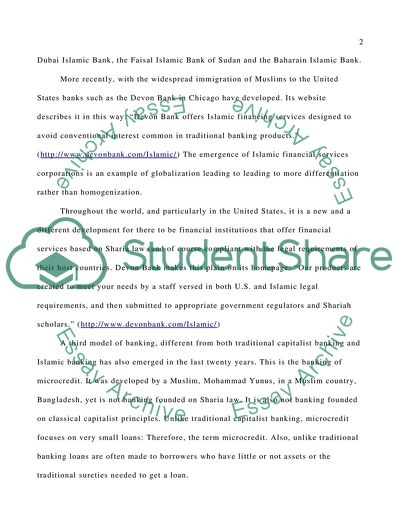Cite this document
(Banking - Classical Capitalism, Islamic Finance, and Microcredit Case Study, n.d.)
Banking - Classical Capitalism, Islamic Finance, and Microcredit Case Study. Retrieved from https://studentshare.org/finance-accounting/1567802-islamic-banking-and-capitalism
Banking - Classical Capitalism, Islamic Finance, and Microcredit Case Study. Retrieved from https://studentshare.org/finance-accounting/1567802-islamic-banking-and-capitalism
(Banking - Classical Capitalism, Islamic Finance, and Microcredit Case Study)
Banking - Classical Capitalism, Islamic Finance, and Microcredit Case Study. https://studentshare.org/finance-accounting/1567802-islamic-banking-and-capitalism.
Banking - Classical Capitalism, Islamic Finance, and Microcredit Case Study. https://studentshare.org/finance-accounting/1567802-islamic-banking-and-capitalism.
“Banking - Classical Capitalism, Islamic Finance, and Microcredit Case Study”. https://studentshare.org/finance-accounting/1567802-islamic-banking-and-capitalism.


